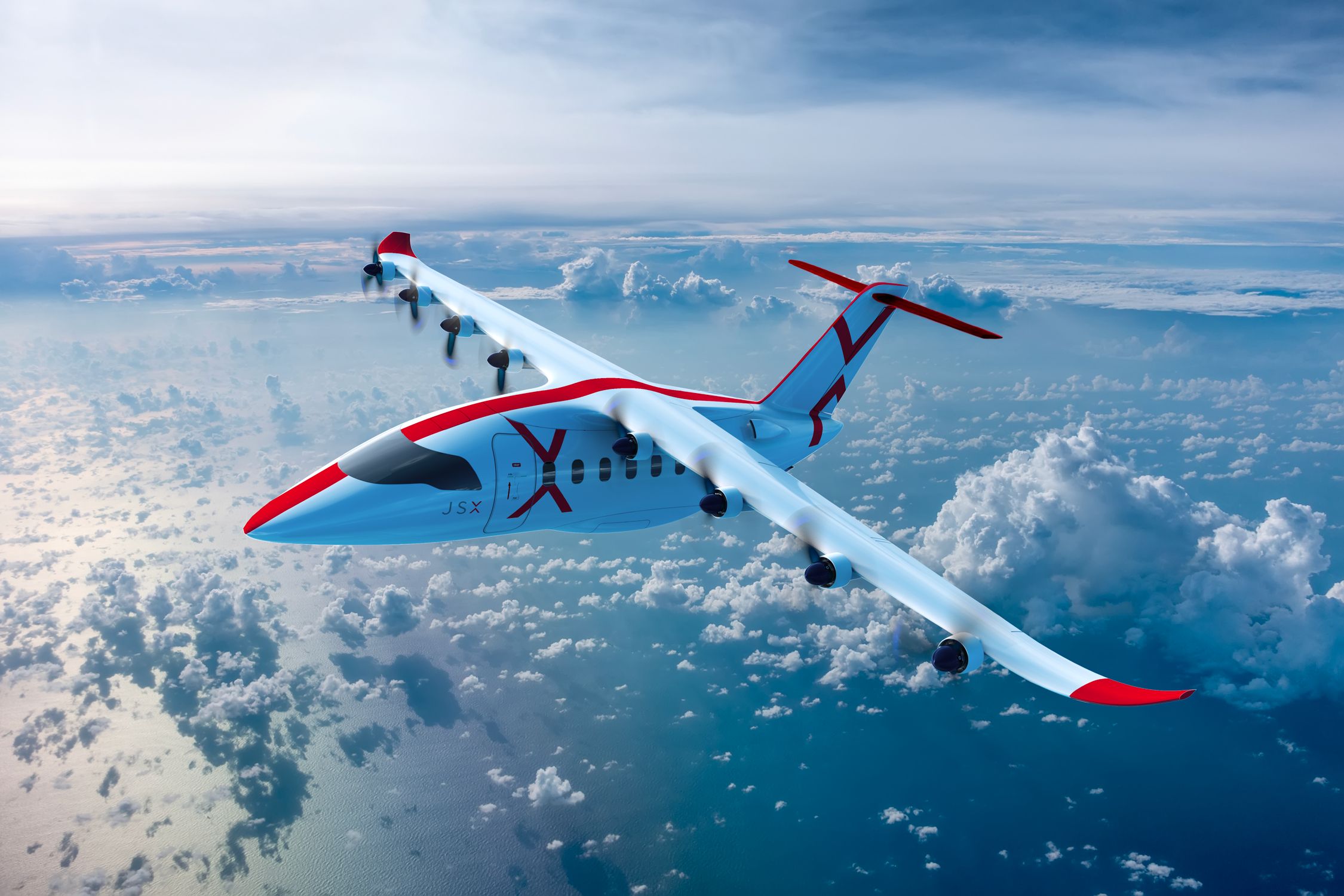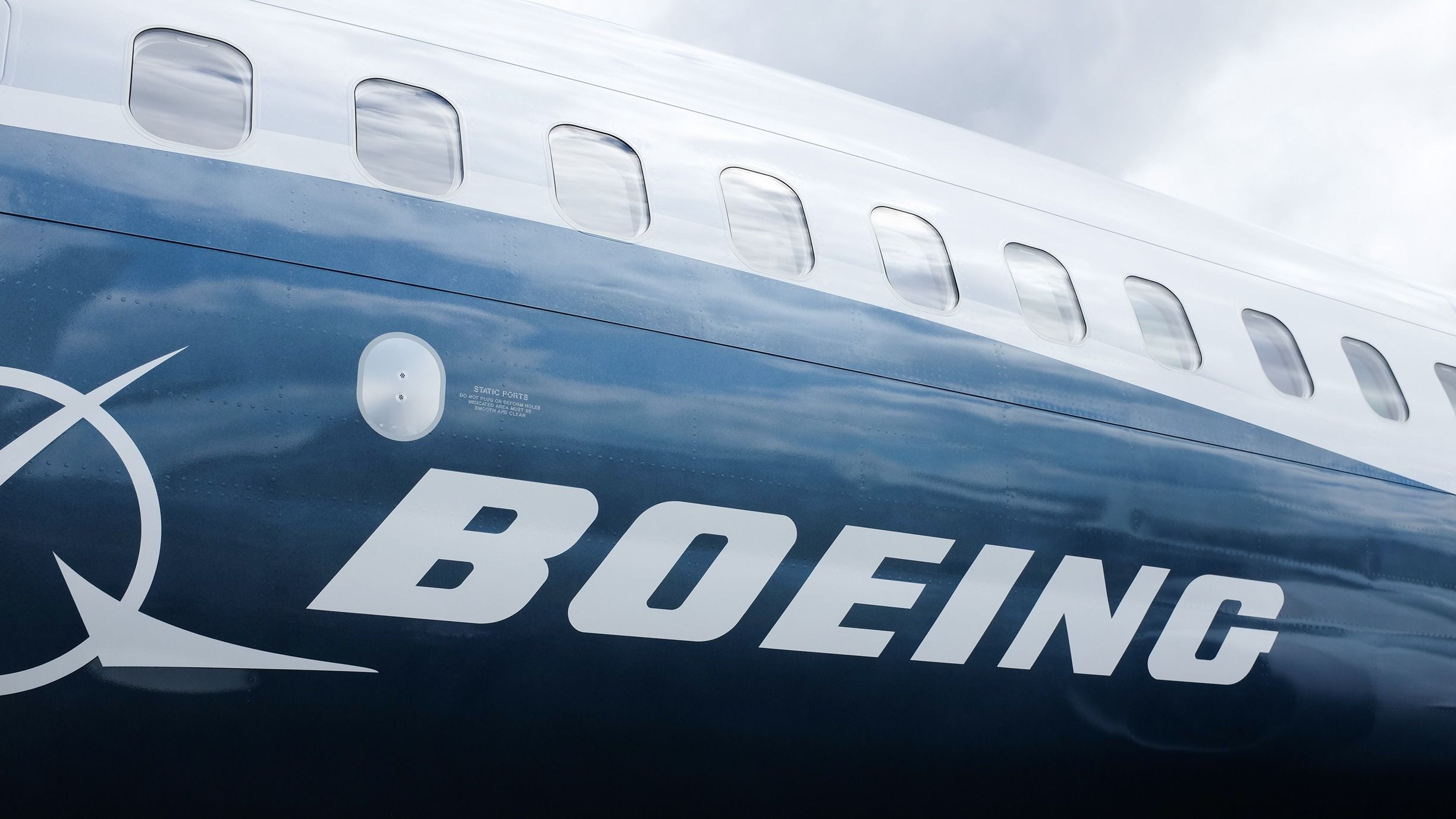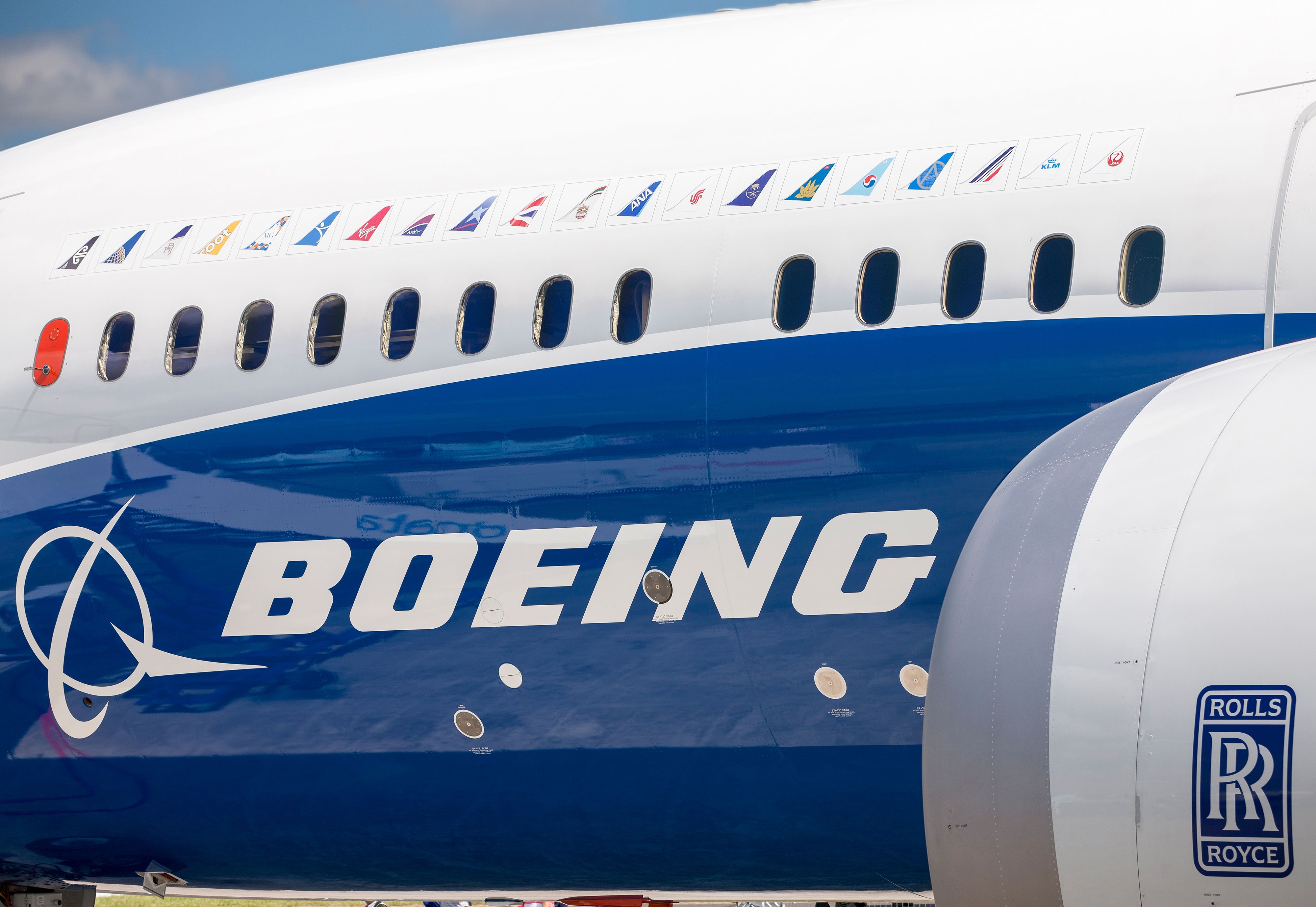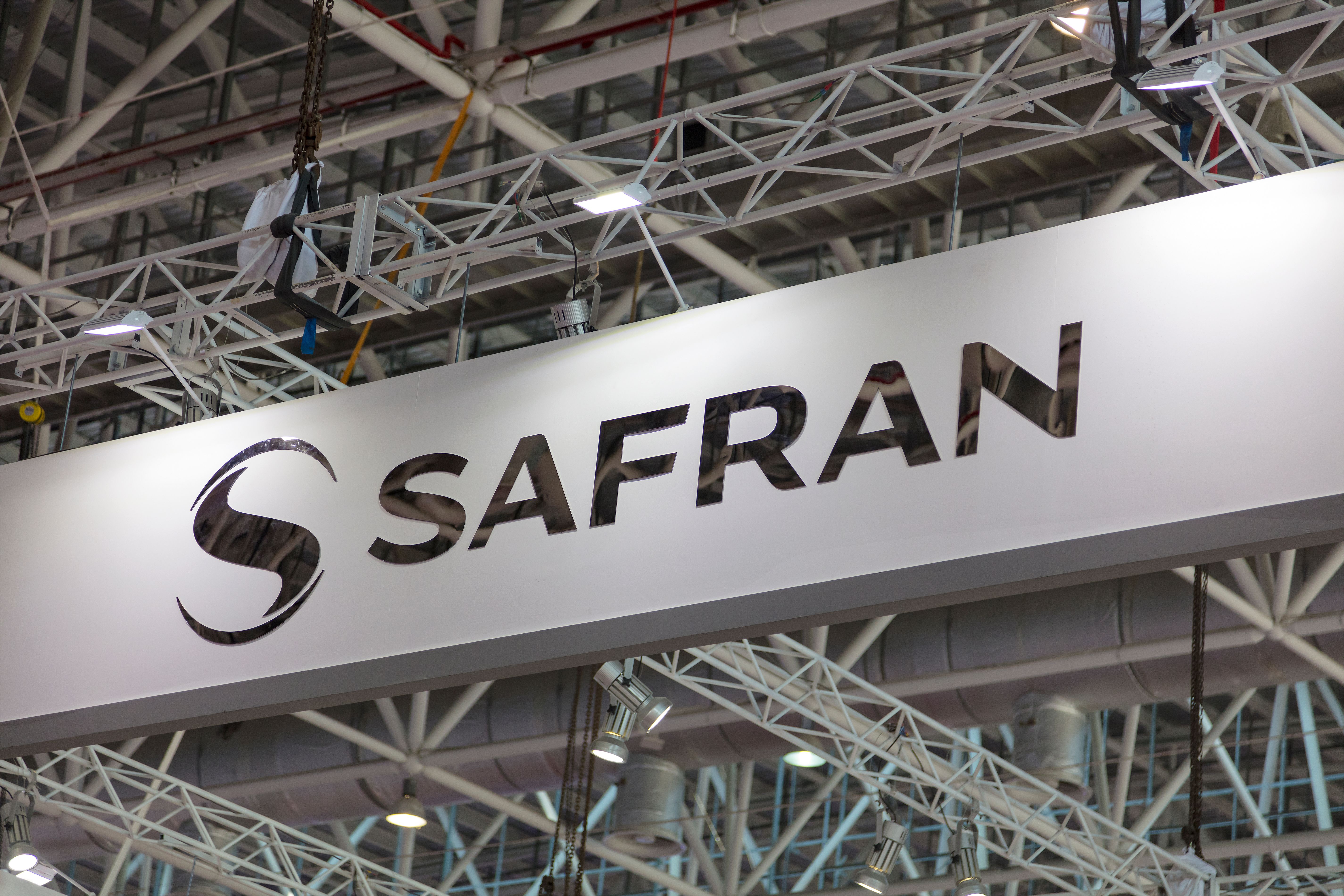Summary
- Zunum Aero won a lawsuit against Boeing for the latter stealing technology, being awarded around $72 million, with the sum potentially increasing to $235 million.
- The startup alleged that Boeing had stolen its technology that it obtained from confidential documents it had shared with the plane maker, which invested in the startup.
- However, Zunum Aero ran out of cash in November 2018, laying off virtually all of its employees.
Zunum Aero, a Seattle, United States-based startup that had laid off all of its staff in November 2018 due to cash shortages, has won a lawsuit against Boeing, with the jury ruling on the case that the aircraft manufacturer stole the startup’s technology, potentially forcing Boeing to pay the now-dormant startup company.
Driving out of business
According to a report by Reuters, the jury, ruling in the case filed with the US District Court for the Western District of Washington, concluded that Boeing had stolen Zunum Aero’s trade secrets, awarding the company around $72 million. A report by The Seattle Times added that the District’s Judge, James Robart, could increase the sum to $235 million, a decision that Robart holds solely in his hands.
Photo: Ryan Fletcher | Shutterstock
The lawsuit dates back to November 2020, when Zunum Aero alleged that Boeing and other defendants, including France-based Safran and the two companies’ subsidiaries, stole aircraft technology from the startup while giving out false promises that they would invest in the now-bankrupt company.
The factual background provided by the lawsuit’s text read that Zunum Aero, which was founded in 2013, operated in “stealth mode” for four years to protect its advantage against competitors as it was developing the first hybrid-electric and all-electric regional aircraft for commercial service.

Related
IATA’s Willie Walsh Explains Why There Is No Stopping Airline Industry Growth
Walsh says outside of Europe, the airline industry is set to continue growing.
Seeking outside funding
Following the four years of operations in “stealth mode,” the company began seeking outside funding, cautiously approaching major aerospace companies to explore potential partnerships, which included Boeing. The lawsuit alleged Boeing’s quick interest in the company, followed by an extensive due diligence process to,
“[…] evaluate Zunum’s concepts, technologies, and business plans […] granted access to extensive details of Zunum’s business plans; go-to-market strategy; patent pending aircraft and propulsion technologies; and development, production, and certification plans.”
The latter included confidential documents, such as technical reports, business plans, and provisional patent applications. Eventually, Boeing invested $5 million into the startup, granting the company the right to appoint members onto Zunum Aero’s board of directors and advisory board.
Photo: testing | Shutterstock
Shortly after this development, the lawsuit alleged that Safran became interested in partnering with the startup. However, in November 2017, Zunum Aero learned that Boeing had been developing its own hybrid-electric aircraft that mimicked the former company’s aircraft and that the plane maker was also working with Safran to develop the propulsion system for Boeing’s aircraft.
Zunum Aero alleged that Boeing and Safran filed patents for hybrid-electric propulsion technology that was “directly inspired” by the information found in the confidential documents that Boeing had access to. As a result, the “investorship” raised issues for Zunum Aero and its operations.

Related
GE And Nasa Unveil Livery For Hybrid Electric Aircraft
NASA expects electric aircraft to enter the US commercial fleet within the 2030-2035 timeframe.
Zunum’s demise
Forbes reported that as of November 2018, Zunum Aero had run out of cash, forcing its two co-founders, Ashish Kumar, the then-chief executive officer (CEO), and Matt Knapp, also the then-chief technology officer (CTO), to lay off its employees and suspend operations.
Photo: Vincenzo Pace I Simple Flying
This included Boeing and JetBlue, another high-profile name that had invested in the startup, refusing to fund the company further. In October 2018, Safran and Zunum Aero announced their partnership, which materialized in the former providing the latter with its Ardiden 3Z engine, which would have been used as a hybrid power source for the then-developed Zunum Aero aircraft.

Related
JSX Hedges Its Bets With Orders For 332 Hybrid-Electric Aircraft From Multiple Manufacturers
While the order includes plenty of firm purchases, it still is a Letter of Intent (LoI).




